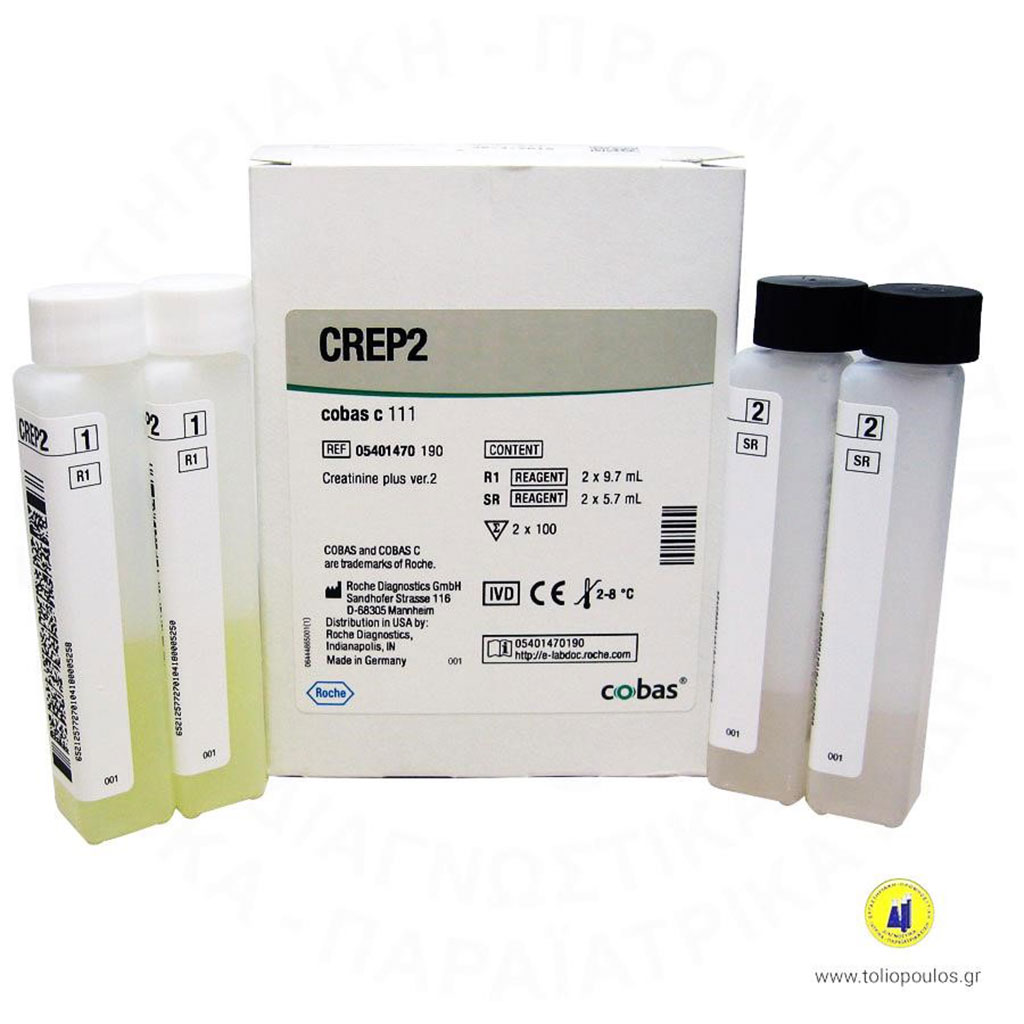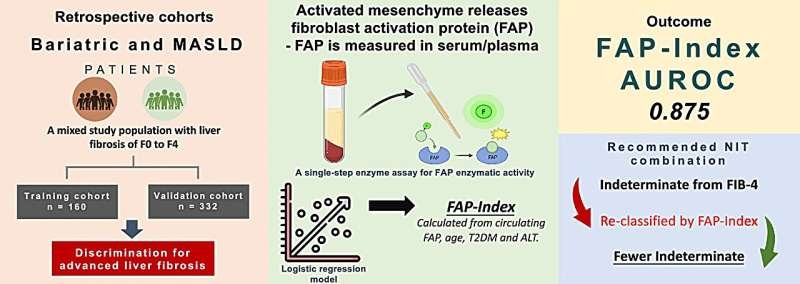Different Test Systems Analytical Performance Evaluated for Serum Creatinine
By LabMedica International staff writers
Posted on 13 Jan 2022
Creatinine is a breakdown product of creatine phosphate from muscle and protein metabolism. It is produced and released by the body at a constant rate into the blood, and it is then carried to the kidneys through the blood circulation.Posted on 13 Jan 2022
In clinical practice, the level of serum creatinine (SCr) is generally used as a significant indicator for renal function evaluation. SCr determination is a widely applied diagnostic test to evaluate glomerular filtration rate (GFR) that when renal function is impaired, the creatinine level rises. Clinical methods for serum creatinine determination include chemical and enzymatic methods.

Image: The cobas CREP2 reagent kit: an in vitro test for the quantitative determination of creatinine in serum, human plasma and urine (Photo courtesy of Roche Diagnostics)
Clinical Laboratorians at the University of Chinese Medicine (Guangzhou, China) obtained serum samples by collecting surplus samples from routine creatinine tests. Specimens for method comparison study were collected from left-over clinical 34 patient samples, with creatinine levels ranging from 45 to 1,610 μmol/L. Precision, accuracy, linearity, dilution, lower limit of measurement and analytical interference were studied between two test systems.
The scientists used the open test system, namely the Shino-Test creatinine reagent kit (Shino-Test Corp., Tokyo, Japan), and the Roche Cobas 8000 c702 chemistry analyzer (Roche Diagnostics, Mannheim, Germany) to determine creatinine levels. The determination results were analyzed and compared with those obtained from the matched test system, Roche creatinine reagent kit and the same analyzer. An interference study was carried out by adding different solutions of interferents to serum pools at three levels of creatinine. To study the influence of hemolysis, hemolysate was added to each serum pool aliquot. Interference studies of vitamin C or dobutamine were carried out by mixing serum pool aliquots with serial dilutions of vitamin C solution or dobutamine injection.
The investigators reported that the performance of SCr from the open test system was in compliance with the matched test system with good precision, accuracy, and linearity. In presence of most common interferents, both test systems could lead to accurate creatinine results except for the existence of specified drugs. For dobutamine, the open test system showed better anti-interference performance than the matched system. The results showed that either matched test system or open test system presented extremely low imprecision at each level evaluated.
The authors concluded that their study provided referable opinions for clinical laboratory selection on the test system and a framework for future analogous studies based on different test systems. Clinicians and laboratory professionals should be mindful of potential interference caused by specified medications such as calcium dobesilate and dobutamine because an inaccurate creatinine result may lead to serious untoward consequences. The study was published on December 26, 2021 in the Journal of Clinical Laboratory Analysis.
Related Links:
University of Chinese Medicine
Shino-Test Corp
Roche Diagnostics














